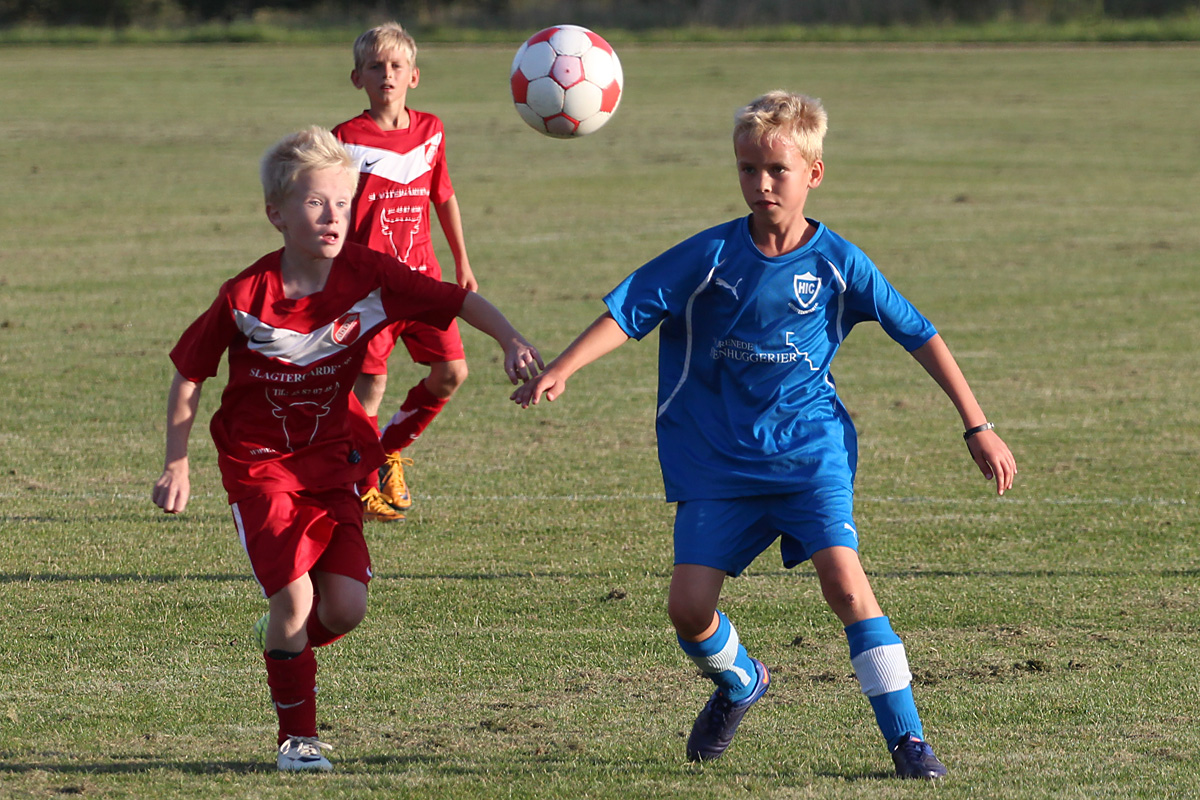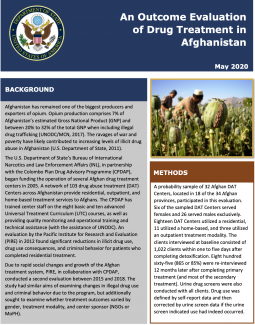Search
National Addiction-Specific Institutional Infrastructure – Fundamental Prerequisite for Successful Implementation of Specialized Academic Degree Study Programmes: A Case Study in Historical Perspective
Objective: Human resources are crucial for addiction treatment and prevention services, as well as for science and research. The aim of this historical case study is to explain and demonstrate the role of specialized university academic...
Panoramica dei programmi di studi sulle dipendenze basati sull'università negli Stati Uniti
Impatto a breve termine del programma EPACTT (EuroPean Accredited Curriculum on Tobacco Treatment Training)
ASTRATTO:
Introduzione:
Lo scopo di questo studio pilota è stato quello di valutare l'efficacia a breve termine dell'intervento di formazione sul trattamento del tabacco del curriculum accreditato europeo nel migliorare le conoscenze, gli...
Video Training with Peer Feedback in Real-Time Consultation: Acceptability and Feasibility in a General-Practice Setting
Abstract
Objective: Since many years, teaching and training in communication skills are cornerstones in the medical education curriculum. Although video recording in a real-time consultation is expected to positively contribute to the...
Video Feedback in Education and Training: Putting Learning in the Picture
Abstract
This meta-analysis demonstrates that the video feedback method has a statistically significant effect on the interaction skills of professionals in a range of contact professions. The aggregate effect, calculated on the basis of...
Virtual Reality Cue Refusal Video Game for Alcohol and Cigarette Recovery Support: Summative Study
A study implementing the use of virtual reality to explore addition and recovery has been published by a team of researchers connected to Clinical Tools, Inc. Clinical Tools is based in the USA with work combining medicine, science, and...
Workforce Development: Is There a Paradigm Shift?
This editorial examines whether training and education in the addictions field has considerably made a difference in workforce development. It concludes that transformational change has not occurred because beyond training and education, a...
Certification of Addiction Professionals in Africa: An Overview of the Process in Kenya
Abstract
This paper focuses on Kenya’s course of action to address the drug problem, specifically, treatment and rehabilitation of persons with Substance Use Disorders (SUDs). Treatment and rehabilitation of persons with SUDs was formally...
Formazione sulle dipendenze in psicologia clinica: soddisfa la domanda?
La psicologia clinica è particolarmente adatta ad offrire una risposta sfaccettata al fine di aiutare coloro che vivono con un disturbo da uso di sostanze. Un nuovo studio pubblicato sulla rivista accademica American Psychologist indaga...
Social media in classe: una strategia di insegnamento esperienziale per coinvolgere ed educare
Astratto
Questo articolo delinea un approccio per coinvolgere ed educare gli studenti universitari attraverso l'uso dei social media. Il progetto è concepito per un corso sull'uso di sostanze a livello universitario/universitario. Tuttavia...
Barriere e facilitatori all'implementazione di borse di studio per la medicina delle dipendenze
Astratto
Sfondo
Sebbene i progressi della scienza abbia guidato i progressi nella medicina delle dipendenze, questa materia non è stata adeguatamente insegnata ai tirocinanti e ai medici medici. Di conseguenza, c'è stata una scarsa...
Declining Addiction One Step at a Time
A new study carried out at the Case Western Reserve University School of Medicine has found that results from drug and alcohol addiction treatment programmes improve amongst teens when they stop smoking. The findings, which have been...
Interventi di abuso di alcol nelle strutture di assistenza primaria
Una recente revisione di studi incentrati sui bevitori eccessivi identificati e consigliati nelle strutture di assistenza primaria ha rilevato che, se combinato con screening e valutazioni, brevi sessioni di intervento regolari portano a...
Shoot Hoops, Not Drugs: Sport as a Healthy Alternative
 Eighty percent of 3- to 17-year-olds play some form of sport. Practitioners in the field of drug prevention have looked to promote sporting activity as a healthy alternative to substance use amongst young people. The Canadian Centre on...
Eighty percent of 3- to 17-year-olds play some form of sport. Practitioners in the field of drug prevention have looked to promote sporting activity as a healthy alternative to substance use amongst young people. The Canadian Centre on...
Share the Knowledge: ISSUP members can post in the Knowledge Share – Sign in or become a member
